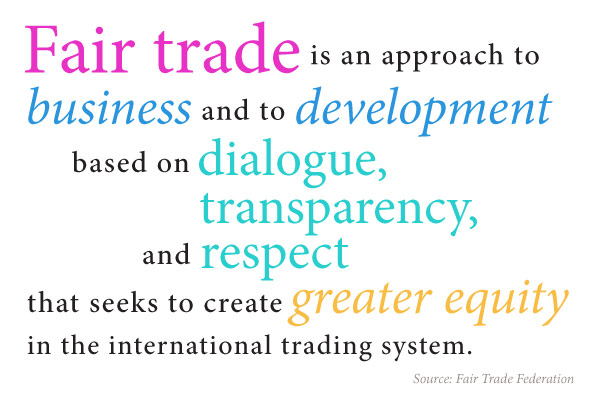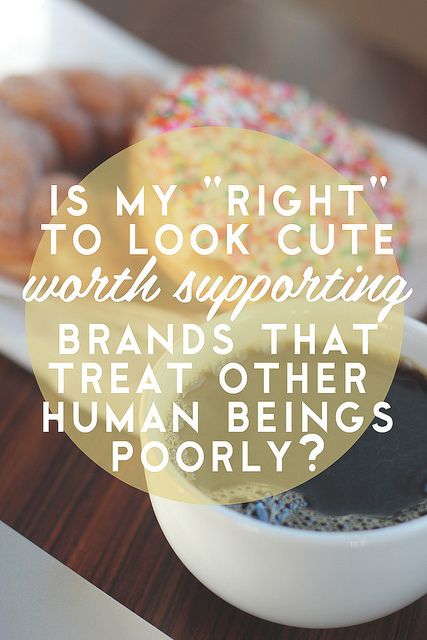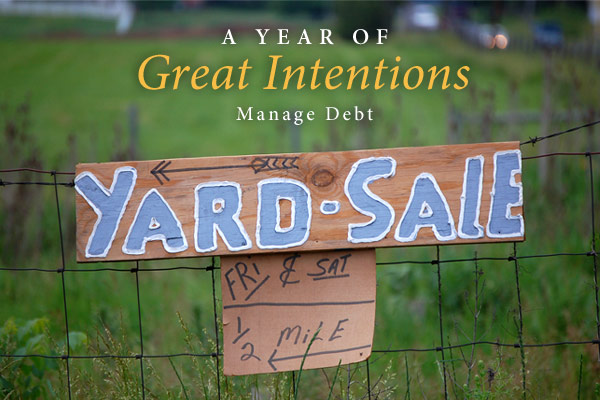Great Intentions: Take a Trip
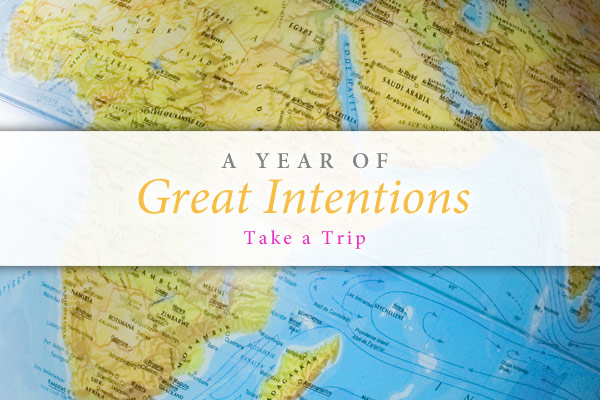
As I mentioned in my first A Year of Great Intentions blog post, I will soon fulfill my dream of traveling back to Italy. It has been six years since my amazing semester spent studying in Florence, and I’ve had a hankering to return ever since. My main goal for this trip is to live like a local – stay where the locals live, dine where the locals dine, and shop where the locals shop. As I make plans, I do think how wonderful it would be to have a guide to help me choose places to visit and activities to do that will leave a positive mark on the people who live and work where I will tread.
Many studies have been done on the economic impact of tourism. While the conclusion is that this industry does have excellent benefits, there are negative consequences as well – often depending upon the tourist’s choices, and the status of the country’s development. I will keep the following three points in mind as I traverse Italy, and do my best to avoid those things that can hurt instead of help the locals I wish to respect and be gracious to. Here are some simple tips for those of you wishing to do the same:
- Buy local food and drink. That is, avoid the purchase of imported goods. You will help lower the demand for costly imports that decrease revenue.
- Stay in locally-owned hotels rather than international chains or all-inclusive resorts. This way, more revenue will stay in-country.
- Travel in off-season. This will be an advantage to your street vendor or taxi driver who may be struggling to get by until more tourists arrive.
Finally, what if I told you that there are actually guides out there who will assist you in making decisions that do good to the local economy? They may not be everywhere, but if you haven’t chosen your next travel location, perhaps one of these will catch your eye:
Fair Trade Tourism (FTT) – FTT-Certified Places to Stay and Things to Do in South Africa, plus Fair Trade Holidays to Germany, the Netherlands, Switzerland, and the United Kingdom.
Fair Trade Travel Pass – 21-day “Travel Pass” in South Africa.
Tourism Concern – Ethical Tour Operators in several locations; some current examples are Burma, Romania, Kenya and Tanzania, and Nepal.
As I keep telling everyone I know, I can’t wait until I arrive in Roma and become reacquainted with the country I fell in love with while in college. I am so grateful for this chance to travel again, to a gorgeous country at that! Where do you hope to visit next? Do you have any other tips you would like to add?
Check out the rest of the posts in Laura’s Great Intentions series.
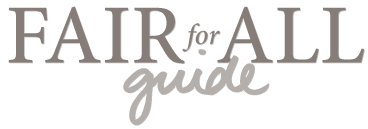
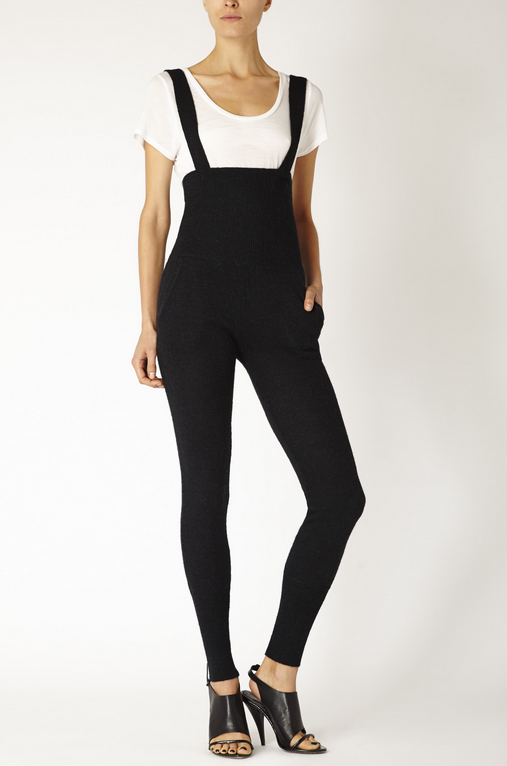
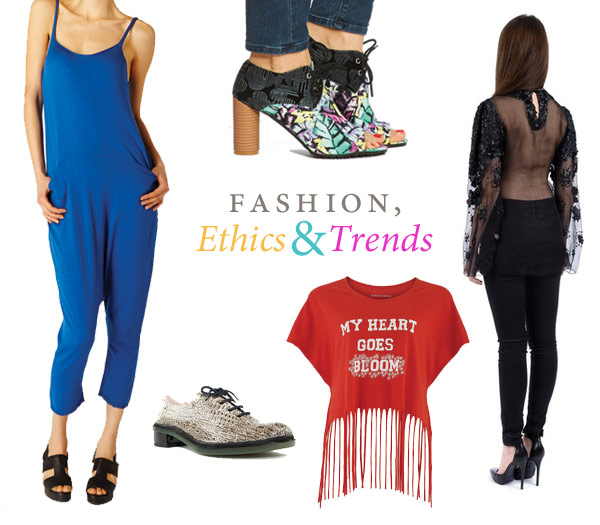
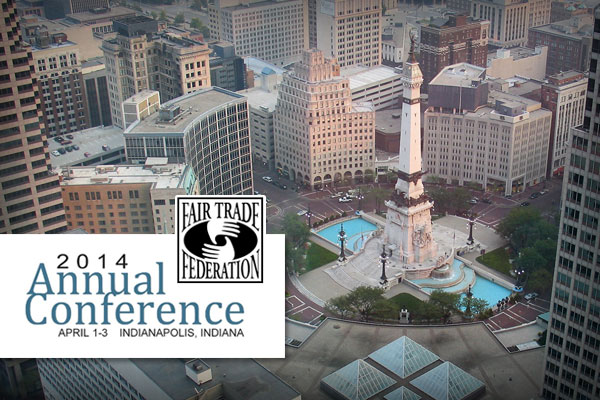
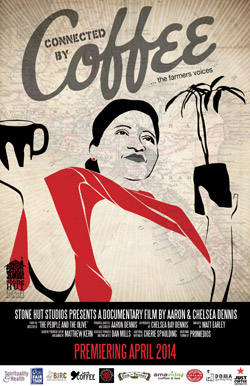 Connected by Coffee
Connected by Coffee